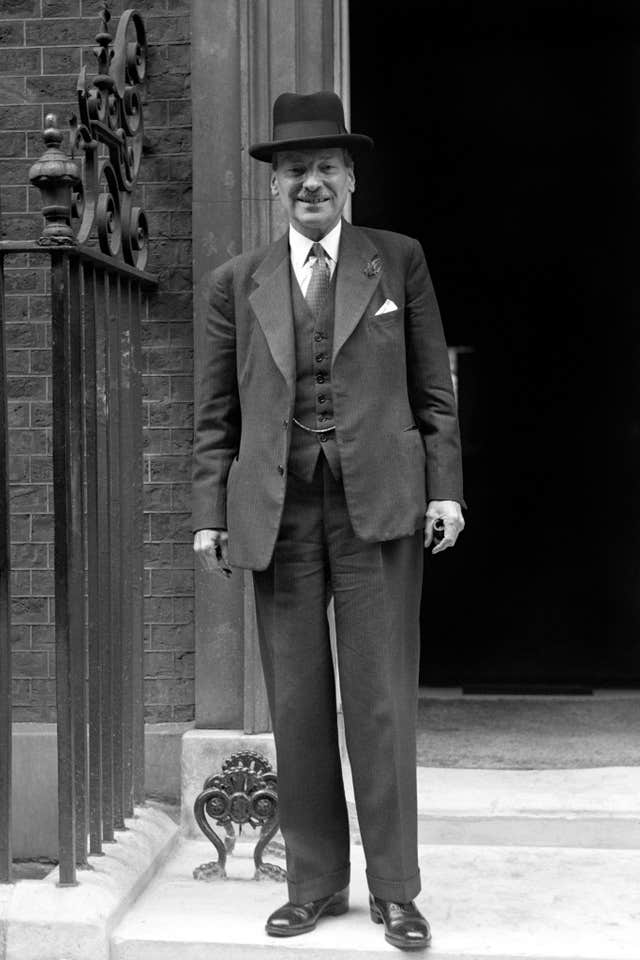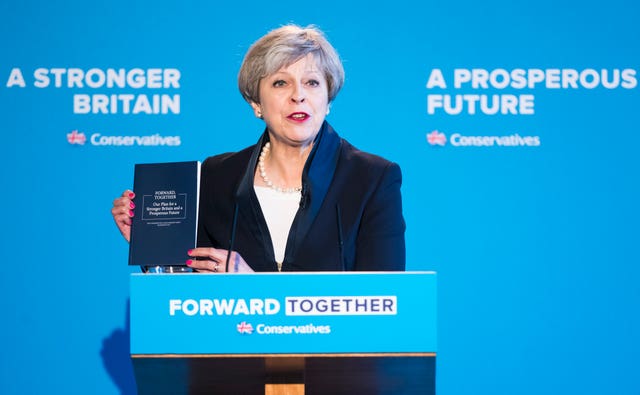What is a General Election manifesto?
The main political parties unveil their programmes for government this week.

The Liberal Democrats have become the first party to publish their General Election manifesto with the other main parties expected to follow suit this week.
– What is an election manifesto?
The manifesto is a document which sets out a party’s programme for government if they succeed in gaining power after polling day.
There is no particular set format as to how they are presented, and they vary from party to party with how much detail they go into.

Generally they include a party’s main policies on issues such as the economy, taxation, health, education, law and order, defence and the environment.
According to the Institute for Government, they have grown more detailed over time. In 1945 they typically contained between 3,000 to 6,000 words – by the last election in 2019 that had risen to more than 20,000.
Labour’s 1945 manifesto had just seven specific pledges – in 2019 both the Conservatives and Labour had more than 160.
– Do parties have to honour their manifesto promises in government?
In a word, no. Manifestos reflect the political circumstances of the day and all parties know they may have to tear up their plans in response to external events – such as wars or the Covid-19 pandemic.
If no party gains an overall majority, two or more parties may come together after the election to form a coalition, which will inevitably involve compromises on their manifesto policies.

Nevertheless parties abandon key commitments at their peril. In 2010 the Liberal Democrats campaigned on a manifesto promise to phase out university tuition fees, while party leader Nick Clegg repeatedly pledged they would not go up.
But after they joined the Conservatives in coalition they were forced to accept a threefold increase as part of the “austerity” drive to get the public finances back under control following the global financial crash.
The abandonment of such a high profile promise was widely seen as one of the main reasons why the party suffered such a hammering the next time voters went to the polls in the 2015 election.
– What impact do manifestos have on the campaign?
These days the parties view their manifestos as important tools, both for setting out their policy offer to voters and for shaping media coverage of their campaign.
Get them wrong and the consequences can be dire. At the 2017 election with the Tories comfortably ahead in the polls, Theresa May unexpectedly set out new proposals for funding adult social care at the party’s manifesto launch.

The plan, dubbed the “dementia tax” by opposition parties, provoked a furious backlash amid claims older people would be forced to sell their homes to pay for their care, forcing the Conservatives into a hasty U-turn.
The Tory campaign never recovered, and having been predicted to return with an enhanced majority, they actually lost seats and Mrs May was humiliatingly forced to turn to Northern Ireland’s DUP to prop up her government.
In the 1983 election, Labour under Michael Foot produced a manifesto famously dubbed “the longest suicide note in history”.
The package of left wing policies – including unilateral disarmament, re-nationalisation of privatised industries and withdrawal from the European Economic Community – was seen as one of the factors which led to Margaret Thatcher being returned in a landslide.
– What happens to manifestos after the election?
The manifestos of the losing parties may well be junked as they return to the policy drawing board, particularly if defeat results in a change of leadership.
The manifesto of the victors remains an important document. Under the Salisbury convention, the House of Lords will not vote down legislation if it was included in the governing party’s manifesto.





